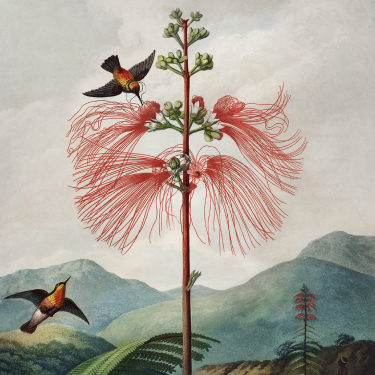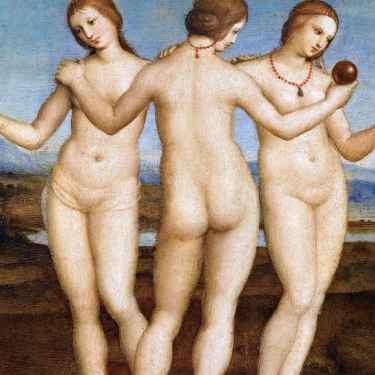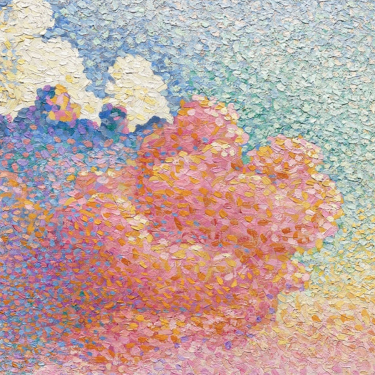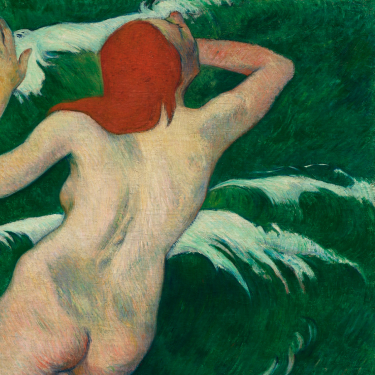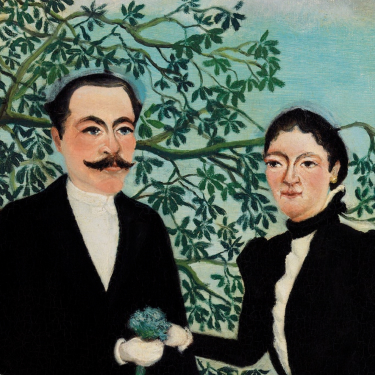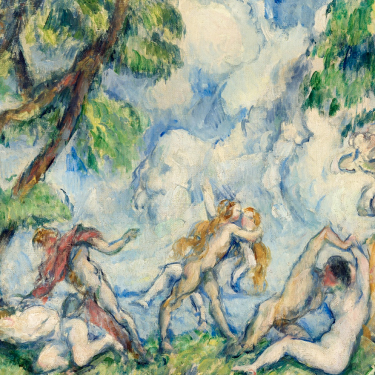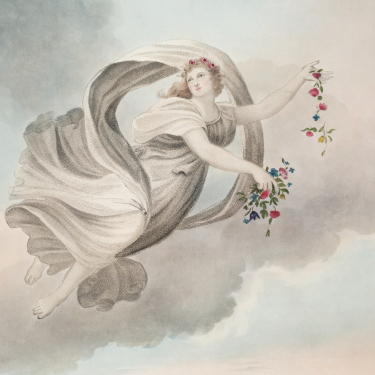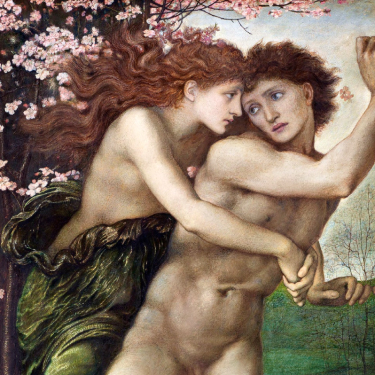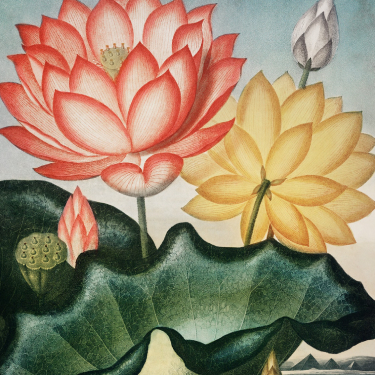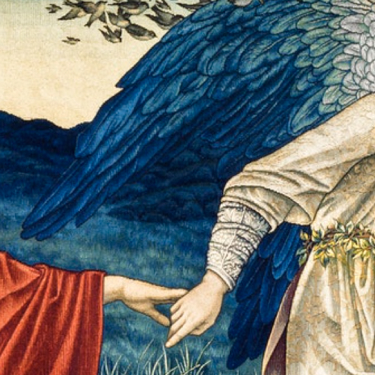The Constant
LOVE
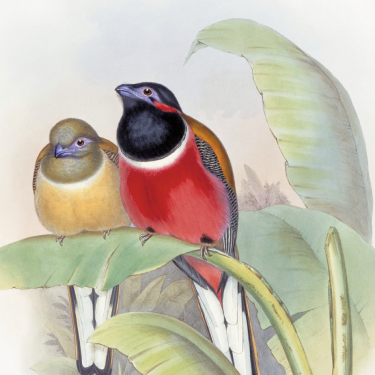
TDCE
Quick definition
Seek emotional depth and stability in relationships. Desire deep romance and intertwined lives with their partners. Emotionally resilient and steady in love.
Find your score on over 100 traits on Dimensional.
Download
Description
TDCEs are characterized by their profound longing for a connection that mirrors the depth of their emotional and imaginative worlds. They seek partners who are not just lovers but soulmates, with whom they can share an intensely interdependent life. Their dreamer nature makes them envision love as a grand adventure, filled with emotional intensity and mutual growth. However, unlike their more anxious counterparts, TDCEs possess a certain level of emotional resilience that allows them to navigate the complexities of love with a steadier heart.
During the dating phase, TDCEs may find themselves easily swept up in the romance of potential, imagining future possibilities from the earliest moments. They are drawn to partners who can match their emotional depth and share in their dreams. In long-term relationships, their challenge lies in balancing their idealistic visions with the practicalities and inevitable imperfections of real-life partnerships. They thrive in environments where emotional growth is mutual and where they can feel deeply connected to their partner's inner world.
Opposite type
TDCEs are the opposites of IPAFs.
Desires
- An emotionally rich and stable relationship that feels like a true partnership.
- Deep understanding and acceptance from their partner.
- To share dreams and build a future together.
- Emotional growth and mutual support.
Fears
- Superficiality or lack of emotional depth in relationships.
- Disconnection or misalignment of dreams and goals with their partner.
- Losing their sense of identity in the pursuit of their idealistic visions of partnership.
- Being perceived as too needy or too idealistic.
Inner psychology
TDCEs' psychological landscape is deeply influenced by their capacity for empathy, imagination, and a strong desire for connection. Their upbringing likely emphasized the value of emotional expression and the importance of deep relationships, shaping their expectation that love should be both emotionally fulfilling and stable. The dreamer aspect might have been nurtured by early experiences of idealizing love or by witnessing strong, loving relationships that set a high standard for their own romantic pursuits. However, their centered nature suggests they have also developed resilience and the ability to self-soothe, helping them navigate the disappointment when reality falls short of their dreams.
Distribution of user scores
0
25
50
75
100
Other Archetypes in Love
Opposite
In(T)erdependent
(I)ndependent
(D)reamer
(P)ragmatic
(C)entered
(A)nxious
(E)motion & stability
(F)un & stimulation
Strengths
- Emotional Insight: Able to understand and articulate their own and others' emotions effectively.
- Resilience: While they dream deeply, they are also capable of recovering from disappointment.
- Generosity: Willing to give much of themselves in a relationship, fostering a deep connection.
Challenges
- Idealism vs. Reality: Balancing their idealistic dreams with the realities of their partner and relationship.
- Communication: Ensuring that their need for depth does not overwhelm their partner or lead to miscommunication.
- Patience: Allowing relationships to develop naturally without forcing their vision of perfection.
Traits in an ideal partner
- Emotional Depth: Someone who is willing and able to engage at a deep emotional level.
- Stability: A partner who offers stability and reassurance, aligning with TDCE's desire for a secure base.
- Shared Vision: Compatibility in dreams and aspirations, willing to co-create a shared future.
Advice for healthy relationships
TDCEs would benefit from embracing the imperfections in their relationships as opportunities for growth and deepening of the emotional connection. Open communication about their dreams and fears can help align their visions with their partner's, preventing misunderstandings. It's important for TDCEs to also foster their independence within the relationship, ensuring that their desire for interdependence doesn't overshadow their or their partner's individuality. Practicing gratitude for the present can help balance their idealistic expectations with the beauty of their current reality.
At their worst
Overwhelmed by their own expectations and fears of superficiality, TDCEs may become disillusioned with their relationships, perceiving them as lacking depth or failing to meet their idealistic standards. This can lead to a cycle of dissatisfaction and emotional withdrawal, as they struggle to reconcile their dreams with their reality.
At their best
At their best, TDCEs are able to blend their deep capacity for love with a realistic appreciation for the beauty of their actual relationships. They foster environments of mutual growth, emotional support, and shared dreams, creating deeply fulfilling partnerships that are both stable and emotionally vibrant. Their ability to maintain resilience while pursuing depth allows them to navigate the complexities of love with grace and fulfillment.
